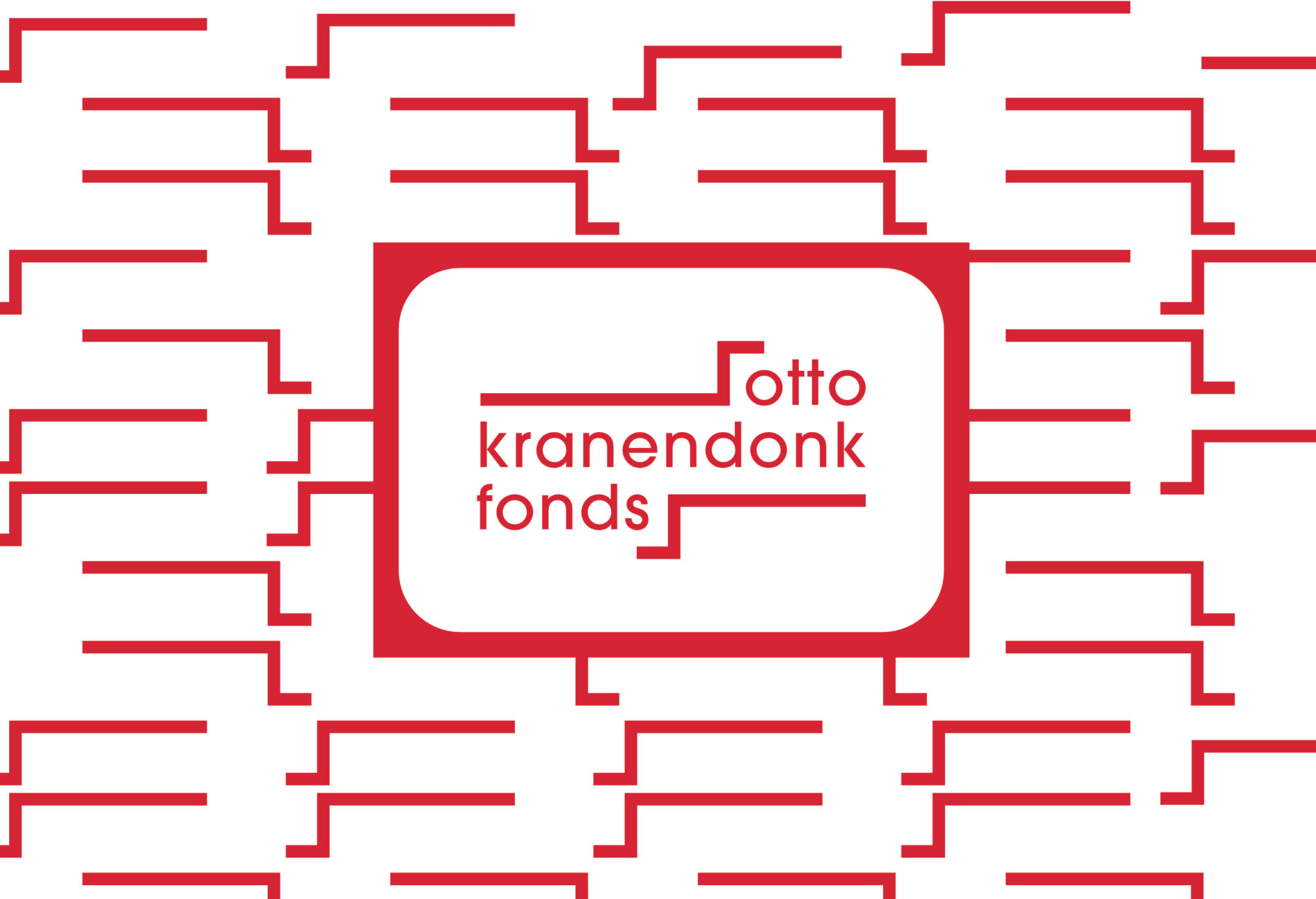

“Otto the Great”
A little support can mean a lot. This is is what Prof. Otto Kranendonk (professor in tropical health sciences at the University of Amsterdam, and director of the Department of Tropical Hygiene at the Royal Tropical Institute) intended in 1994 when he established a fund to help researchers to conduct small-scale studies in the area of global health. Initially the fund did not carry his name, as he was too modest for that. Years after his death, the original name “Stichting Erefonds” was renamed the Otto Kranendonk Fund...
“Otto the Great”
A little support can mean a lot. This is is what Prof. Otto Kranendonk (professor in tropical health sciences at the University of Amsterdam, and director of the Department of Tropical Hygiene at the Royal Tropical Institute) intended in 1994 when he established a fund to help researchers to conduct small-scale studies in the area of global health. Initially the fund did not carry his name, as he was too modest for that. Years after his death, the original name “Stichting Erefonds” was renamed the Otto Kranendonk Fund (OKF) to honour its first and only benefactor. Over the past 30 years, a variable number of initiatives could be funded each year, usually only a few, sometimes none, and last year even a handful, all depending on the investment returns of that year. Three decades of OKF-funded scientific studies are reason enough to devote a special edition of MTb to the research and researchers funded by an OKF grant. Any member of the Dutch Society for Tropical Medicine and International Health (NVTG) is eligible to apply for an OKF grant, but usually the fund is approached by relatively young new researchers full of ambitions to dive into a new area of research in some tropical country that has stolen their heart. Four personal stories in this edition perfectly illustrate the typical four pillars of OKF-funded projects: field explorations, add-ons to ongoing studies, pilots, and emergency situations. In a lively account of a day of fieldwork, Jacob van der Ende describes the challenges of assessing the presence of malaria and other infectious diseases in a rarely explored and dificult to access area of the Amazon: “I’m still shaky because of the boat trip.” Marlous Grijsen used OKF funding to add an important component to a large leprosy trial in Eastern Indonesia, namely the perspective of those suffering from leprosy. Jonathan Vas Nunes provides an excellent example of an OKF-funded pilot study that became a stepping stone towards a much larger study about wound care in Sierra Leone. Finally, Marieke Lagro describes how she worked in Zambia as a tropical doctor and was able to use OKF funding to investigate, together with local nurses the sudden large influx of women with postpartum health problems. The other contributions to this special edition have all been submitted by researchers who received OKF support at some time during their career, usually in the early stages. These accounts provide just a snippet of the plethora of subjects linked to OKF. Over the past 30 years, OKF has supported research initiatives involving various communicable and noncommunicable diseases in nearly every low- and middle-income country. The overarching ambition of so many researchers supported by OKF has been to improve the conditions of those that need it most. However small each individual step may have been, together, they make it a movement of significance.
Sake de Vlas, Chair OKF & member of NVTG Scientific Committee, s.devlas@erasmusmc.nl















































